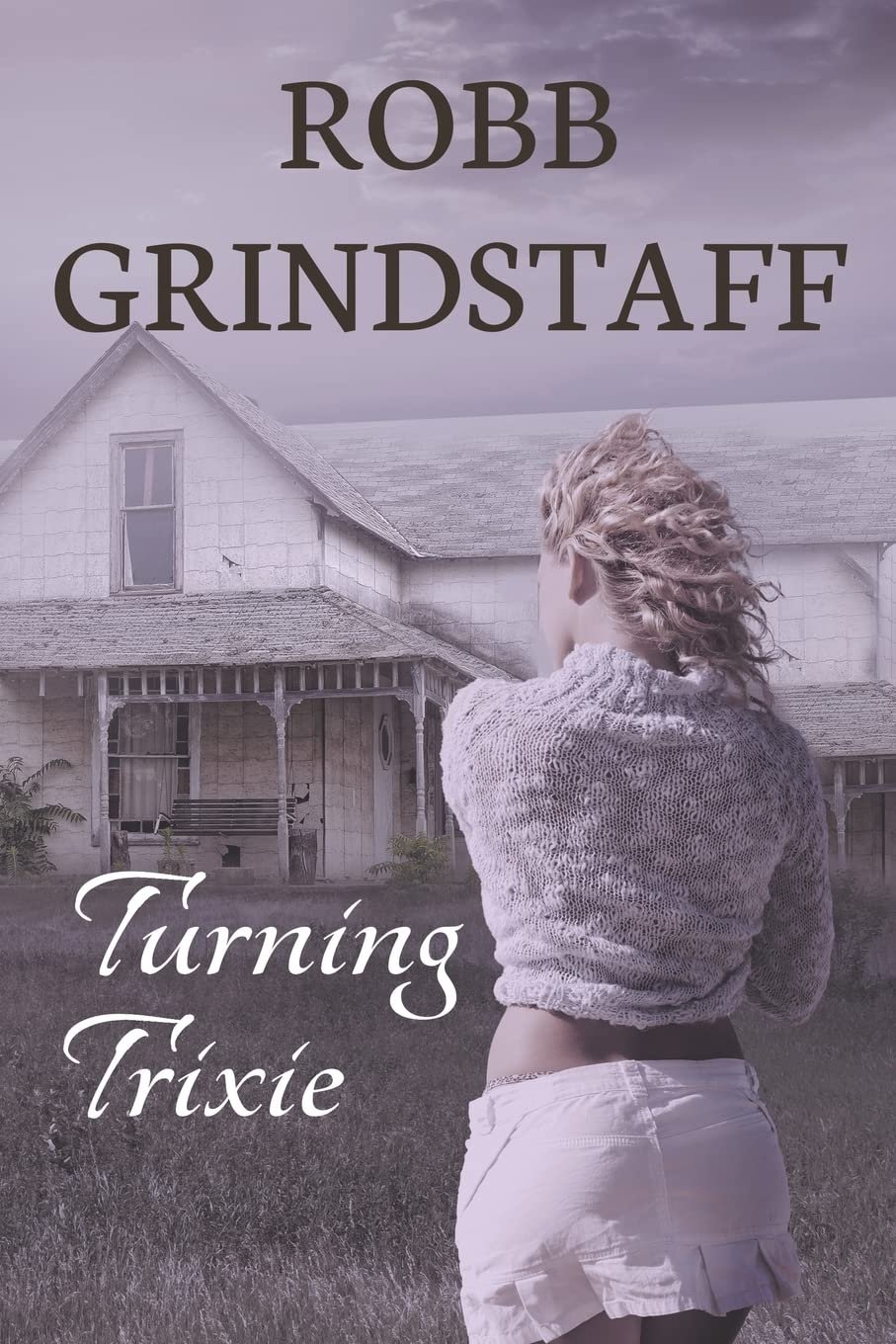By: JL Lycette
Many people are proponents of writing consistently every day and setting goals. For example, 1000 words a day.
But what if you can’t write every day. If you have a demanding day job or a busy family, or maybe, I don’t know, you just don’t like writing every day. Can you still be a writer?
I am here before you (virtually) to show you that, yes, you can. My first book was published last month (March 2023), and my second book will be published later this year, in November 2023, and I do not write every day.
I didn’t start writing fiction until I was 43 years old. By that time, I had a busy (non-writing) career and family. How the heck was I to fit this new writing habit into my already busy life?
It’s a good thing I didn’t research that question back at the beginning, or I might have given up.
When I started writing my first book in 2016, I didn’t know if anything would ever come of it, let alone whether it would ever be published. But somehow, I had this story idea in my brain and characters that wouldn’t leave me alone until their story was told.
I mostly wrote on weekends in large chunks of words. I didn’t know at the time that it wasn’t common to write 4000-5000 words in a day. And one weekend, which I remember now like a fever dream, I wrote 10,000 words in a session. (A feat I haven’t been able to repeat).
It was only when the book was finished, and I googled “what to do when you finish writing a book,” that I came across all the writing advice.
But here’s the thing I’ve learned about advice: take what works for you, leave what doesn’t. If the idea of writing in long sessions for hours on the weekends horrifies you, don’t try that. Maybe writing in smaller sessions each day works for you.
I mean, does it matter if you write 1000 words a day or 7000 words in a weekend? As long as the words eventually get written? One could paint a little bit each day or a lot for an entire weekend, and both approaches will result in a finished painting.
I mostly write on my laptop, in Word (yes, I’m a dinosaur), but sometimes I grab a notebook and pen; or in the middle of the night, I have to write something in the Notes app on my phone. Sometimes on the commute to work, I get an idea and have to scribble it as fast as possible on a blank piece of paper in five minutes before starting my day job.
Some days, when I get home from work, I’m in the mood to write. Most weekdays, however, I don’t have the energy. So I don’t write those days. I wait until the weekend.
There are a lot of caveats to my advice. First of all, my kids are older. They’re tweens and teens, and they actually sleep now. Like, a lot, on the weekends. So I can write for hours on those mornings before they wake up. I’ve had other parents write to ask me to please tell them how to write with young children. And my answer to them was: I don’t know how parents with very young children write. Maybe some of them can comment here and tell us.
But here’s the thing, none of us are superhuman. Don’t try to hold yourself to some imaginary standard that probably doesn’t even exist. That’s something I’ve had to learn in both my day job and my writing journey.
The best way to write is the way that works for you.
I hope this post will help you to write the way you want, when you want, and not beat yourself up if you can’t—or simply choose not to—write every day.
JL / Jennifer Lycette is a novelist, award-winning essayist, rural physician, wife, and mother. She has a degree in biochemistry from the University of San Francisco and attained her medical degree at the University of Washington. Mid-career, she discovered narrative medicine in her path back from physician burnout and has been writing ever since. Her essays can be found in Intima, NEJM, JAMA and other journals; and online at Doximity and Medscape. She is an alumna of the 2019 Pitch Wars Mentoring program. Her other published speculative fiction can be found in the anthology And If That Mockingbird Don’t Sing: Parenting Stories Gone Speculative (Alternating Current Press). The Algorithm Will See You Now is her first novel and is a 2023 Screencraft Cinematic Book Competition Finalist. Her second novel (title and cover reveals coming soon!) will be out in November 2023.







